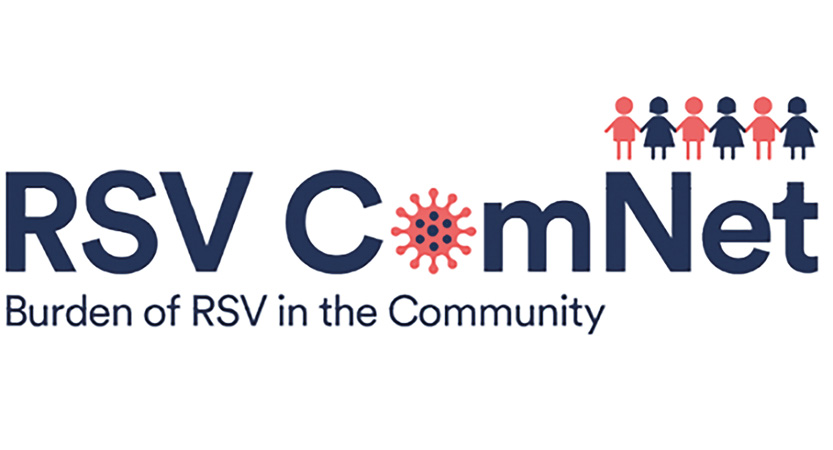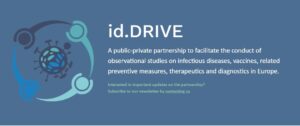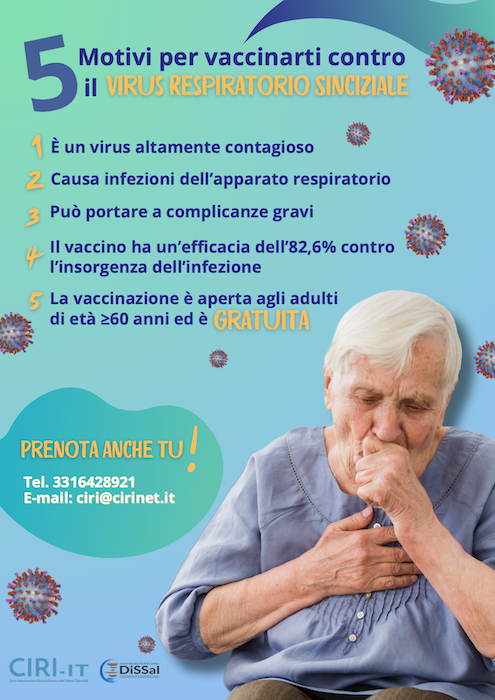Background: Respiratory syncytial virus (RSV) is an important cause of acute lower respiratory tract infections, such as pneumonia and bronchiolitis, particularly among children under the age of five. Although most infections and cases with the greatest clinical severity occur during early childhood, RSV is also recognized as one of the most common causes of acute respiratory tract infections in adults, with a particularly significant disease burden and mortality among the elderly and immunocompromised individuals.
The RSV ComNet study is a prospective, multicenter, multinational cohort study conducted in the primary care setting. It began during the 2021/2022 winter season.
The aim of the study is to assess, through a pilot protocol, the burden of RSV infections in two target populations—young children (<5 years) and older adults (>60 years)—within primary care services across four European countries: Italy, Spain, the United Kingdom (England), and the Netherlands.
In Italy, 5 centers are participating: Genoa, Pisa, Milan, Rome, and Bari.
All subjects with suspected ARI will undergo a nasopharyngeal swab by general practitioners and pediatricians. The WHO case definition for ARI is used, which includes the sudden onset of one or more of the following symptoms: cough, shortness of breath, sore throat, runny nose, and a clinical judgment by the physician that the illness is referable to an infection.
In case the swab tests positive for RSV, patients will complete two follow-up questionnaires: one on Day 14 and another on Day 30 after the initial diagnosis.
Main objective: To assess the impact of RSV and its complications in the two study populations, to support the planning and implementation of immunization strategies aimed at preventing and controlling RSV infections.






